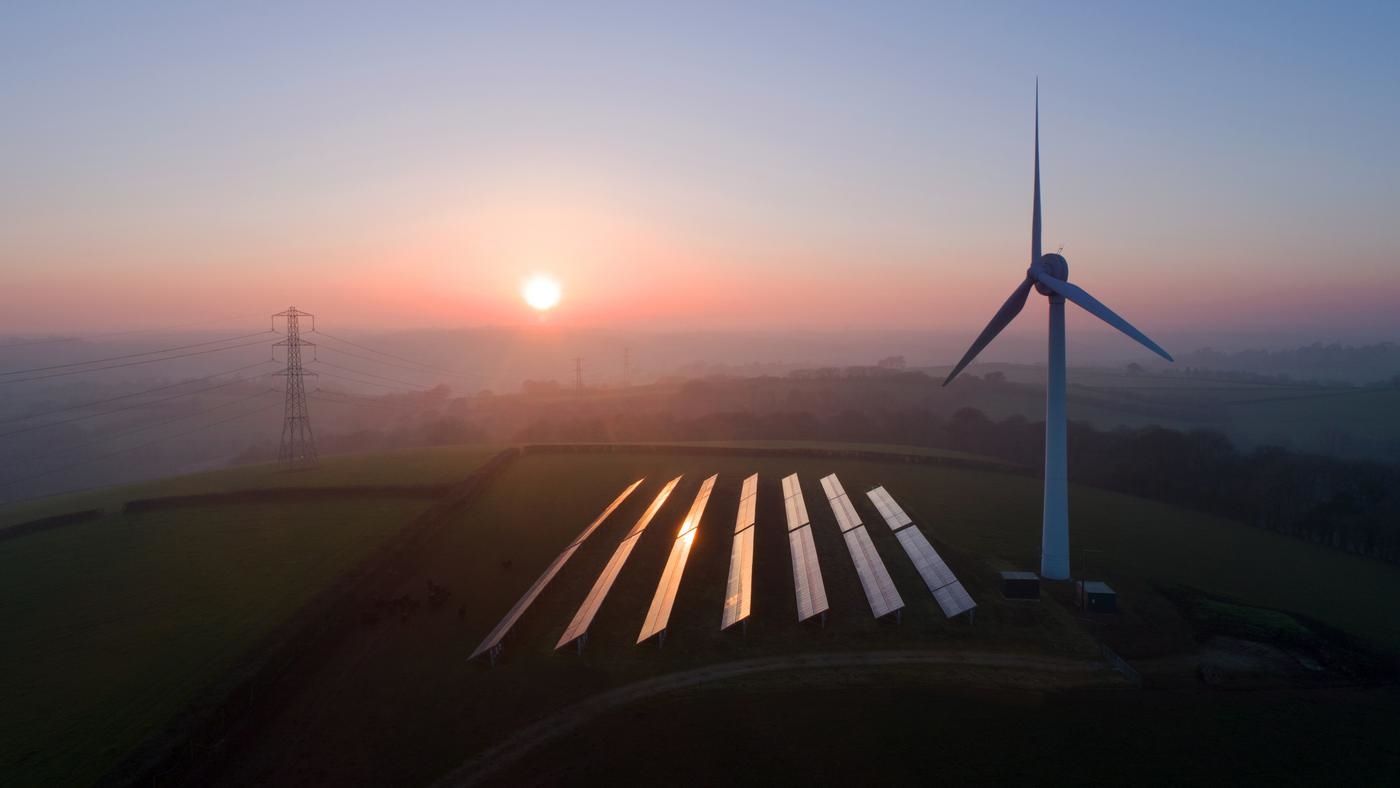Sign up today to get the best of our expert insight in your inbox.
Indonesia’s G20 presidency and the ‘lighthouse deliverable’
Can the hosts make good on their accelerated energy transition goal?
4 minute read
Gavin Thompson
Vice Chairman, Energy – Europe, Middle East & Africa

Gavin Thompson
Vice Chairman, Energy – Europe, Middle East & Africa
Gavin oversees our Europe, Middle East and Africa research.
Latest articles by Gavin
-
The Edge
What a future Ukraine peace deal means for energy (part 1)
-
The Edge
What next for East Med gas?
-
The Edge
Battery energy storage comes of age
-
The Edge
CCUS’s breakthrough year
-
The Edge
Five themes shaping the energy world in 2025
-
The Edge
Renewable developers change tack
Next month, the leaders of the world's largest economies descend on Bali for the Group of 20 summit, the high point of Indonesia’s G20 presidency. And while even Bali’s balmy climate may do little to thaw the ice between Russia and the West, Indonesia wants to use the summit to heat up the pace of the energy transition.
Minister of Energy and Mineral Resources, Arifin Tasrif, has called for an accelerated transition as the ‘lighthouse deliverable’ of Indonesia’s presidency. As a part of this, Indonesia has pledged that the country will reach its carbon neutral target by 2060 “or sooner with real support from the international community."
This support will be critical. Indonesia is on track to become the world’s fifth largest carbon emitter by 2050 and its climate goals lack anything close to an aligned roadmap (even the target date for net zero remains an issue of contention between government ministries). Tackling the country’s rising dependence on fossil fuels, in addition to emissions from deforestation and peatland megafires, will require levels of investment and technology that Indonesia is unlikely to be able to deliver alone.
Indonesia’s power sector and the durability of coal
As the largest electricity market in Southeast Asia, Indonesia’s power sector is a good place to start. Fossil fuels account for almost 90% of the generation mix, with emissions expected to rise steadily thorough to 2040.
Coal is the biggest challenge. Not only does it make up almost 70% of the generation mix, but we also see Indonesia’s coal capacity more than doubling to 70 GW by 2040.
Cheap indigenous coal resources, stalled investment in domestic gas production and Indonesia’s high renewables costs are making coal harder to replace. With limited wind resources, solar must drive future renewables growth despite a current 13% premium over coal. Taxing emissions would help, but the government just postponed the country’s first carbon tax bill as the energy crisis deepened.
Despite this, we expect Indonesia will get close to reaching its renewables generation target of 23% by 2030. A positive start, but the hard yards begin here. Indonesia will need to grapple with retiring low cost, early life coal plants ahead of schedule, increasing gas-fired output and integrating more renewables into the grid if power sector emissions are really to come down. And all this while 85% of all investment into new generation capacity we expect in Indonesia this decade is dedicated to fossil fuels. You do the math.
A bigger role for domestic natural gas
Alongside renewables, natural gas can play a greater role in displacing coal. Yet despite potential upside from a few onstream projects, Indonesia’s long-term gas supply outlook looks increasingly challenged. Even with significant undeveloped resource, we now anticipate Indonesia becoming a net importer of gas by the end of this decade. The government has set a production target of 12 bcf/d by 2030, but nothing we hear in Jakarta inspires confidence this can be met.
We expect gas-fired generation to rise nearly 50% by 2030, about 30% higher than the Indonesia’s latest Electricity Supply Plan. To deliver this and to reduce dependence on imported LNG, the timely development of Indonesia’s natural gas resources is essential.
Decarbonising domestic gas can help with supply growth
One way of encouraging this will be through momentum around decarbonisation and carbon capture for gas projects. The G20 summit and recent draft regulations on carbon capture are drumming up interest as upstream operators seek ways to mitigate their emissions intensity.
But much more needs to be done. Indonesia’s carbon capture regulations have not kept pace with the list of proposed projects, with a lack of supporting policy leaving only one CCS project slated for FID.
Forging an Indonesian pathway to clean energy
While Indonesia’s solar and wind resources may not rival the world’s best, these are not the country’s only routes to decarbonise. Indonesia has significant bioenergy potential, with biodiesel already helping to reduce import dependency and emissions. Biodiesel supply increased to around 180,000 b/d in 2021 driven by the new biofuel policy in Indonesia effective from January 2020 and we believe more can be done in this sector.
Another opportunity is geothermal. Specific incentives recently introduced for the development of geothermal energy include a dedicated public service agency to collect better data, a sharing of exploration and financing risks and potentially higher energy tariffs compared to other renewable energies. Combined, geothermal, hydro and biomass represent 11.5% of total capacity and will continue to increase to 35 GW in 2050. With even greater incentives, this could be higher still.
Where does Indonesia go from here?
A central tenet of the energy transition under Indonesia’s G20 presidency has been that the developing world will need significant and sustained financial and technological assistance from richer nations to decarbonise. This is not unreasonable. Given the scale of Indonesia’s decarbonisation challenge, external support will be essential.
But to help attract this, Indonesia must also respond with big thinking. This should include clarity around its decarbonisation pathway, an aligned plan across all sectors, and policies to attract investment in natural gas, renewables, and bioenergy. With the window for the current government to achieve this closing as 2024 presidential elections loom on the horizon, progress would provide a lasting legacy for the Jokowi presidency.
Only if this is done right can Indonesia attract the necessary levels of capital, fully push ahead with much needed investment, and make good on its G20 presidency goals.
APAC Energy Buzz is a weekly blog by Wood Mackenzie Asia Pacific Vice Chair, Gavin Thompson. In his blog, Gavin shares the sights and sounds of what’s trending in the region and what’s weighing on business leaders’ minds.






